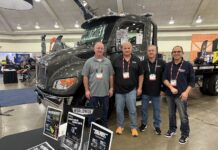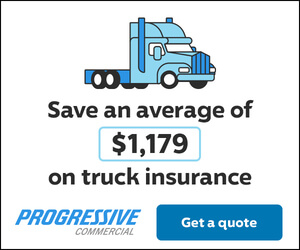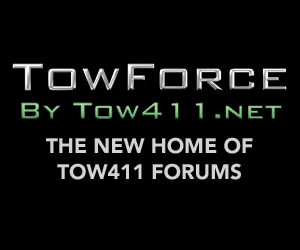State’s Electric Engine Mandate is Depleting Inventories of Truck Chassis
August 14, 2024 (Bay Area, CA): Due to California’s electric engine mandate, a coalition of towing and recovery truck manufacturers and drivers are concerned that starting this year, they must start replacing their diesel trucks with electric alternatives that manufacturers are not building. The lack of electric truck chassis will impact the state’s Freeway Patrol Service, a state and local program that contracts towing companies to provide free services to motorists stranded on California freeways, reducing time stuck in traffic, fuel, and engine emissions.
Due to the CARB’s passage of the State’s Advanced Clean Truck (ACT) regulation, towing and recovery trucks will no longer be assembled or sold in California once 2024 truck inventories are depleted. Truck manufacturers have not developed electric truck chassis that meet towing and recovery truck performance and safety requirements, and towing companies can’t purchase diesel-powered trucks built before January 2024. This catch-22 threatens small businesses, jobs, and motorists.
“The FSP program provides fantastic public service by assisting stranded motorists and clearing California freeways quickly, often mitigating the risk of secondary accidents,” said Brian Banks, owner of Great American Road Solutions. “Without access to new trucks, not only is my business at risk, but so are motorists, especially those who cannot afford roadside assistance.”
Banks is a second-generation business owner that provides towing services to over 500 Bay Area motorists daily. Eight trucks are contracted with the Metropolitan Transport Commission’s Freeway Service Patrol (MTC).
As the number of trucks in service declines, Freeway Service Patrol (FSP) programs will find it increasingly difficult to contract with towing and recovery companies. FSP tow trucks roam freeways, clearing traffic accidents at no cost to motorists. State and local transportation agencies credit the program for reducing wasted time in traffic and fuel costs and lowering tons of carbon emissions. The Freeway Service Patrol (FSP) is a joint program provided by the California Department of Transportation (Caltrans), the California Highway Patrol (CHP), and local transportation agencies. The State finances 75% of the service, and local government 25%.
“The state is putting towing and recovery businesses that provide a valuable public service in a tough spot by requiring them to purchase custom, high-performance electric tow trucks that manufacturers are not building,” said Mark Yebra, co-owner of Atlas Towing. So, as truck fleets age, they can’t be replaced, putting emergency services at risk.”
Yebra is a second-generation business owner. Atlas Towing has been in business since 1920, providing emergency services to over 200 Bay Area motorists daily, and 7 trucks are contracted with MTC to provide FSP services.
Since public safety agencies widely view towing and recovery trucks as emergency vehicles, CARB exempted government-owned towing and recovery vehicles. The exemption was not applied to privately owned tow and recovery trucks for unknown reasons. Paradoxically, the regulations allow existing trucks to be replaced by older, higher-emission diesel trucks purchased out-of-state. However, this is problematic for FSP programs requiring low-mileage trucks at enrollment.
Benefits of California Freeway Patrol Services
Statewide
- 16,576,262 gallons of fuel savings
- 9,642,968 hours motorists saved from sitting in traffic
- 145,702,066 kg of emissions savings
Bay Area
Metropolitan Transport Commission’s Freeway Service Patrol (MTC)
- 2,429,063 gallons of fuel savings
- 1,413,067 hours motorists saved from sitting in traffic
- 21,327,173 kg of emissions savings
The coalition has launched a website where small businesses, truck drivers, and motorists can join a grassroots campaign to urge Governor Newsom and the State Legislature to find a legislative solution before existing inventories of new towing and recovery trucks are depleted. For more information and to view an explainer video, visit www.casaferoads.com/fsp-program/









